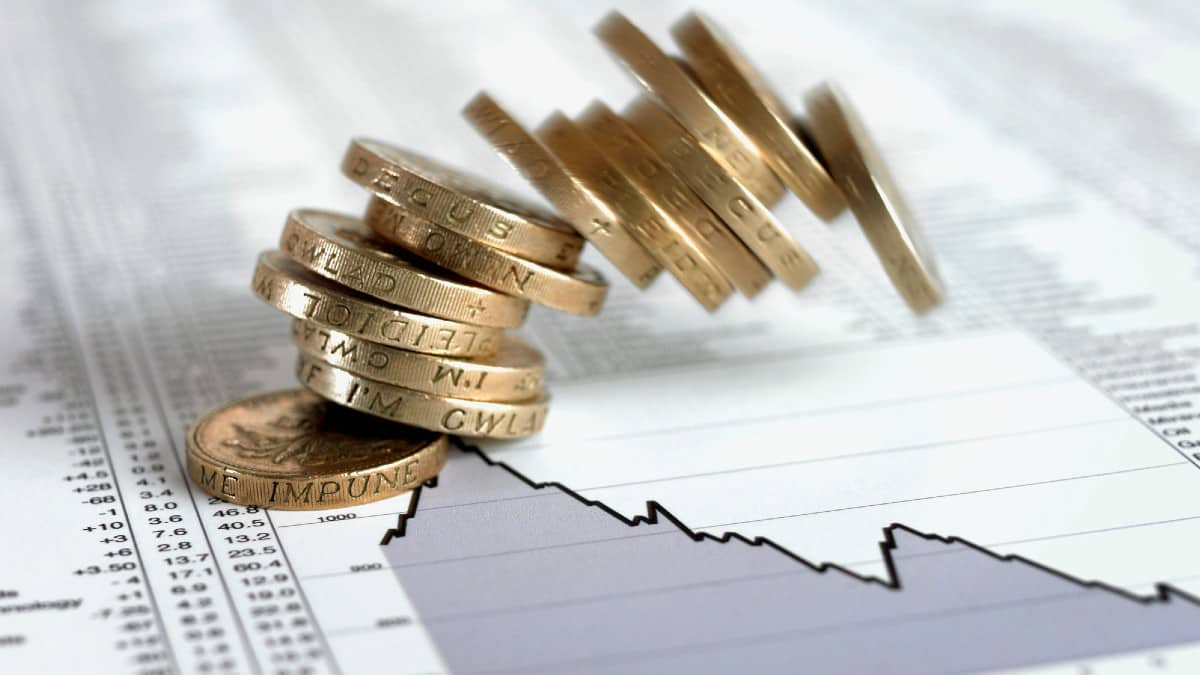The BT Group (LSE: BT.A) share price fell 7.5% on Thursday morning (7 November), on first-half results.
That’s despite the interim dividend rising 3.9% to 2.4p per share. The same boost to the final payout this year could push the dividend yield above 6% based on today’s fallen share price.
The final dividend paid for the 2023-24 year, it seems, was “fully covered by normalised free cash flow.” I see that as a transition point, which eases one of my fears.
Profit weakness
So what’s the problem? Profit before tax fell 10%, to £967m, after revenue dipped 3%. And reported earnings per share (EPS) came in 9% down, at 7.8p.
On an adjusted basis, EPS rose by 3.9% to 10.7p. And the company puts its normalised free cash flow 57% ahead (with reported net cash inflow up 29%).
I really don’t like to see a period when reported and adjusted figures diverge so widely.
It might be nothing to worry about, as adjusting and normalising results can help even out short-term fluctuations that don’t mean a lot. And that’s a good thing for long-term Foolish investors.
Disappointing turn
However, it also means uncertainty. And BT is a company that I’d say has shown more uncertainty than most in the FTSE 100.
Yet another rise in debt only adds to that. The net debt figure at 30 September reached £20,267m, up £578m from the £19,689m at the same time last year.
And it’s above the 31 March year-end level of £19,479m, which itself marked a £620m rise from 31 March 2023. Can debt just keep going up and up, without ever doing any damage to BT’s dividend prospects?
At FY time, BT spoke about having “passed peak capex on our full fibre broadband rollout and achieved our £3bn cost and service transformation programme a year ahead of schedule.” And it said it had “reached the inflection point on our long-term strategy.“
That turned me from being bearish on BT to cautiously bullish. And it’s what makes this latest update a disappointment.
Dividend prospects
BT remains upbeat and is maintaining its positive guidance.
The company still envisages “sustained adjusted revenue growth and EBITDA growth ahead of revenue enhanced by cost transformation” from FY26 to FY30.
It says capital expenditure should fall. And we should expect “c. £2.0bn in normalised free cash flow in FY27 and c. £3.0bn by the end of the decade.”
Those are unchanged from the board’s outlook at the end of the full year to March 2024.
I also see: “We reconfirm our progressive dividend policy which is to maintain or grow the dividend each year whilst taking into consideration a number of factors including underlying medium-term earnings expectations and levels of business reinvestment.”
What to do?
I’ve come close to buying BT shares for the dividend in recent months. And I do think it could be a good stock to consider for long-term income. But I’m going to hold off a bit, maybe until the end of the year. I’d love to see that debt stop rising.







